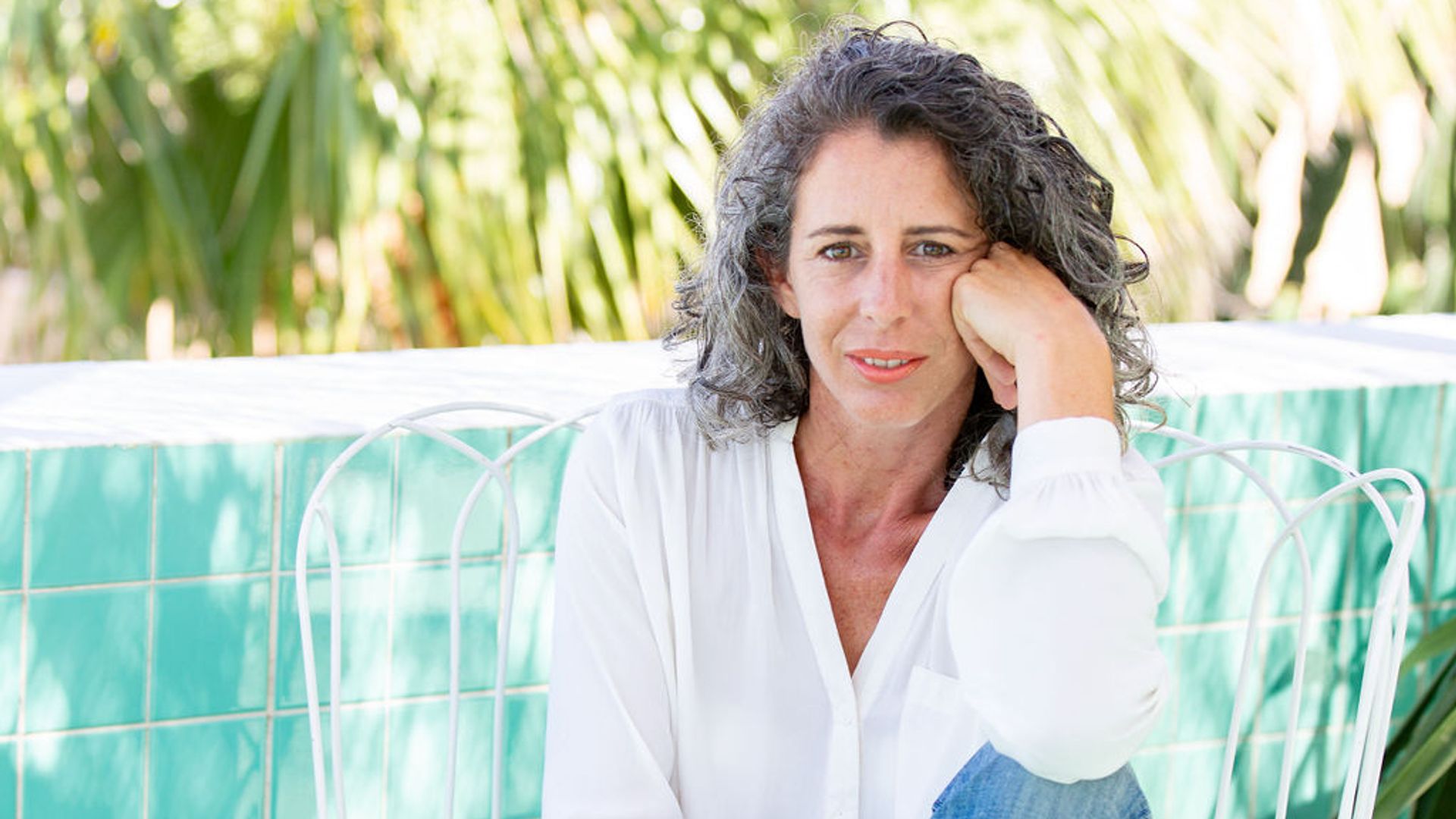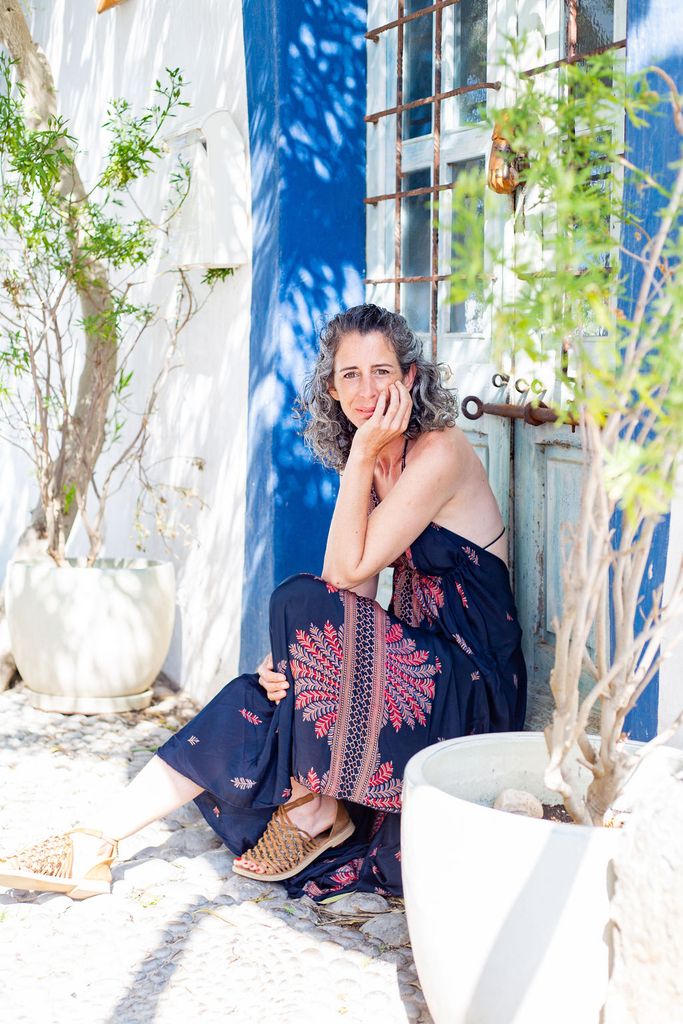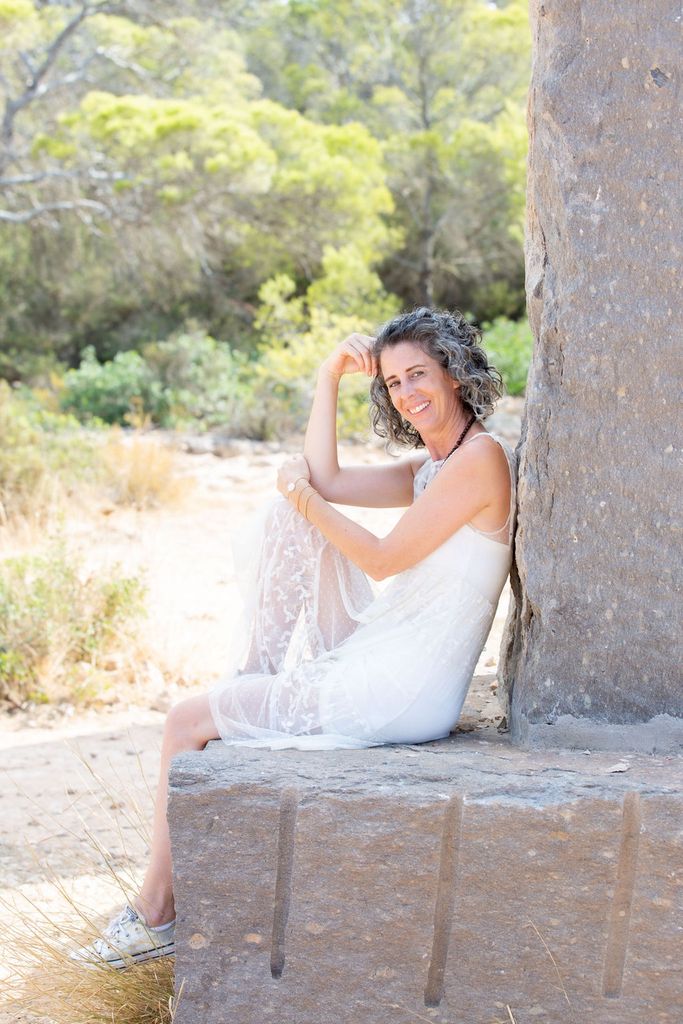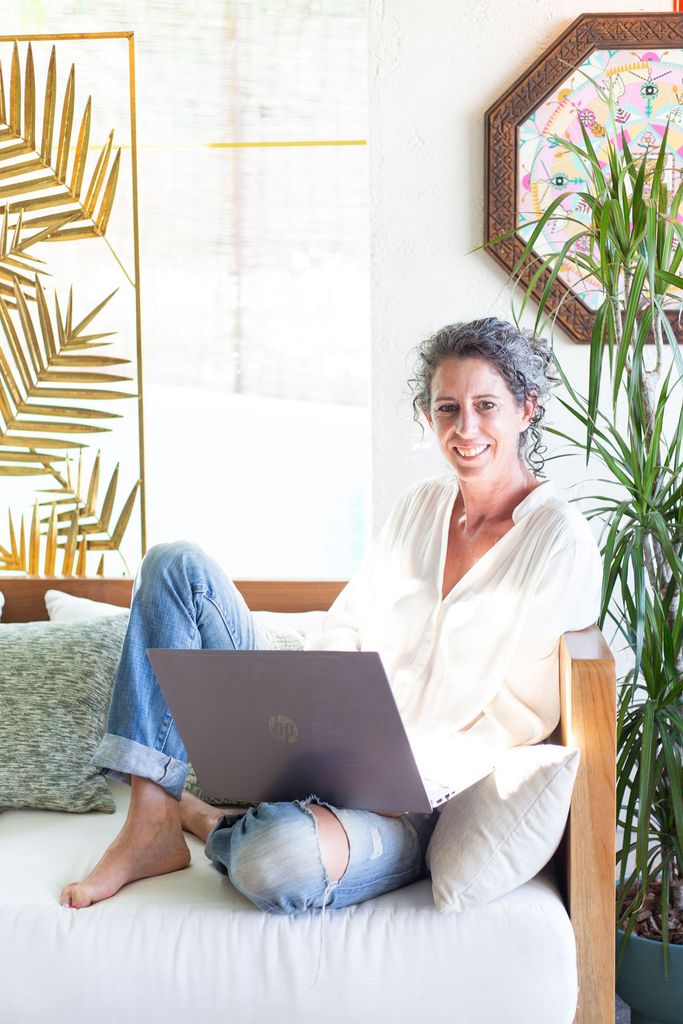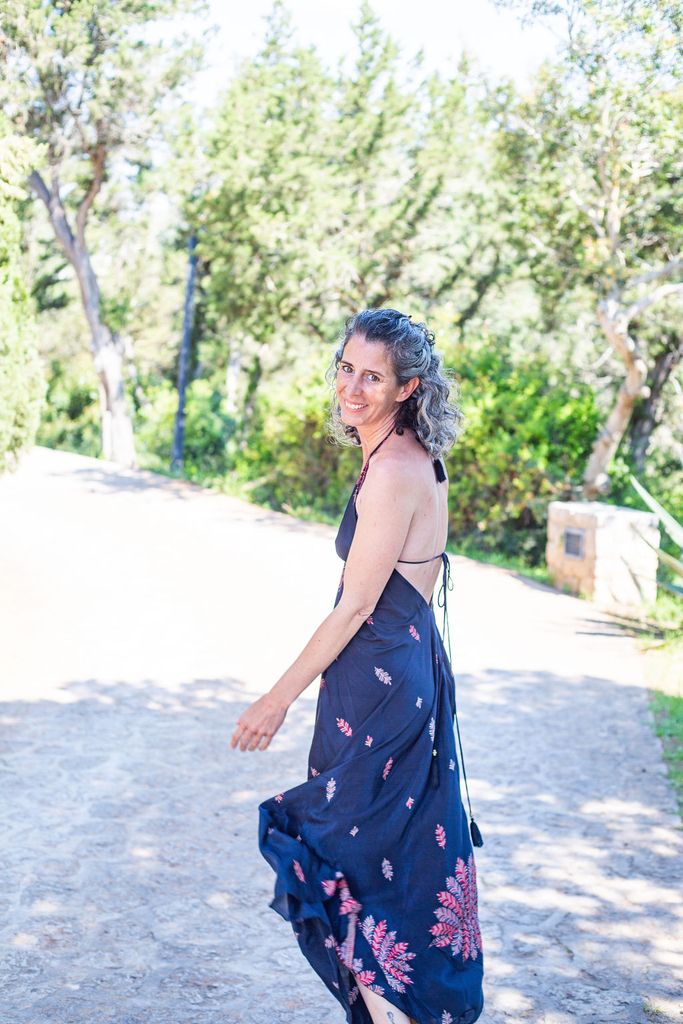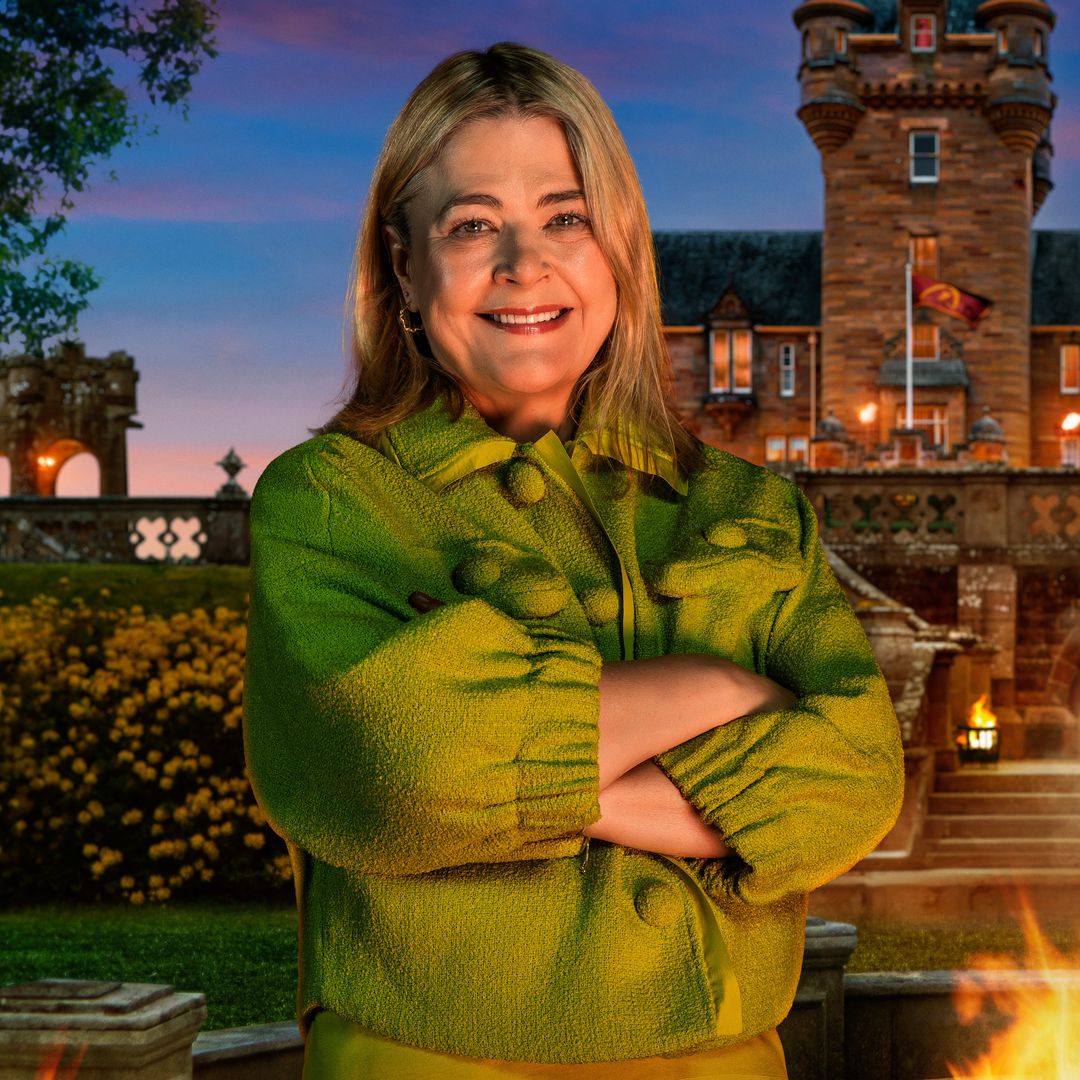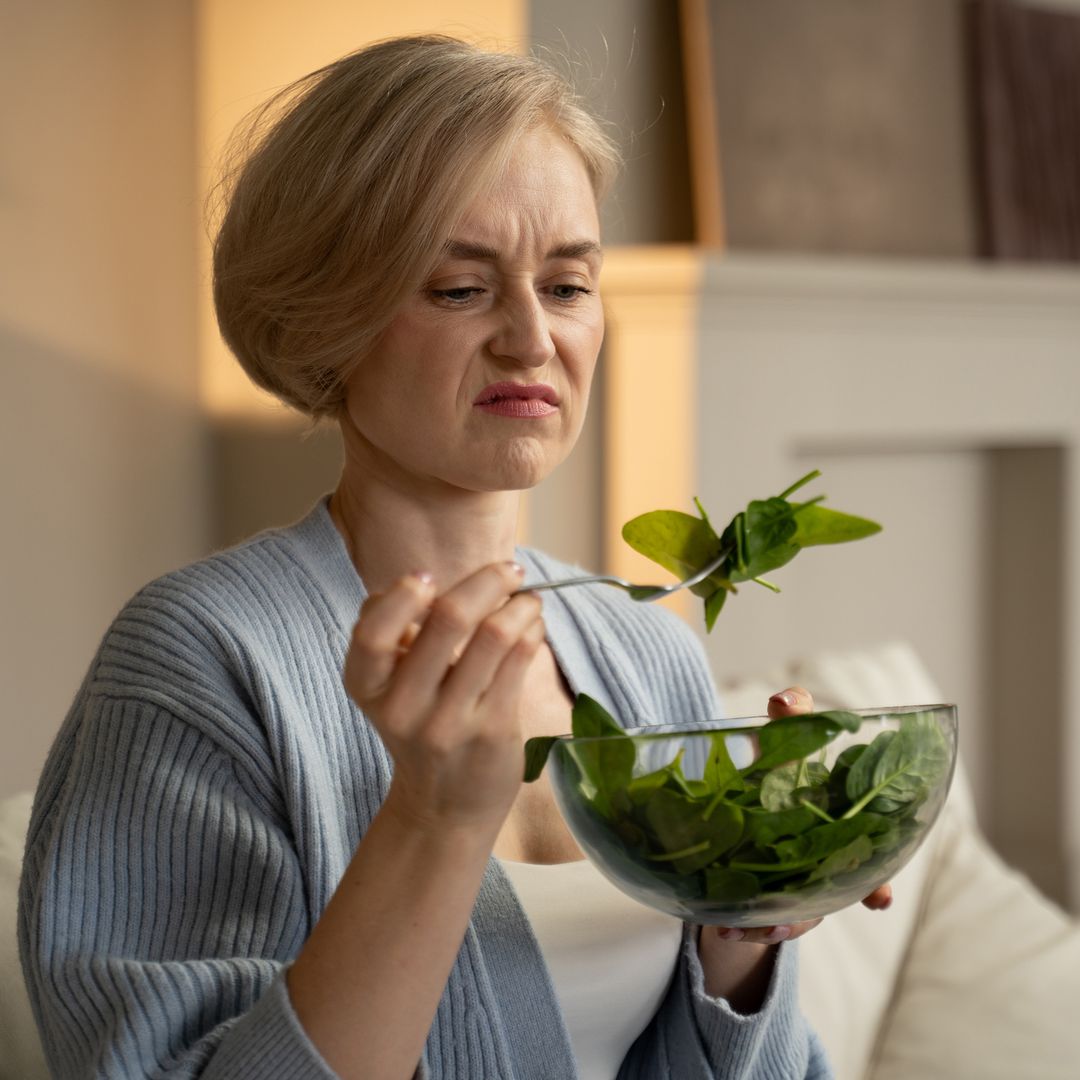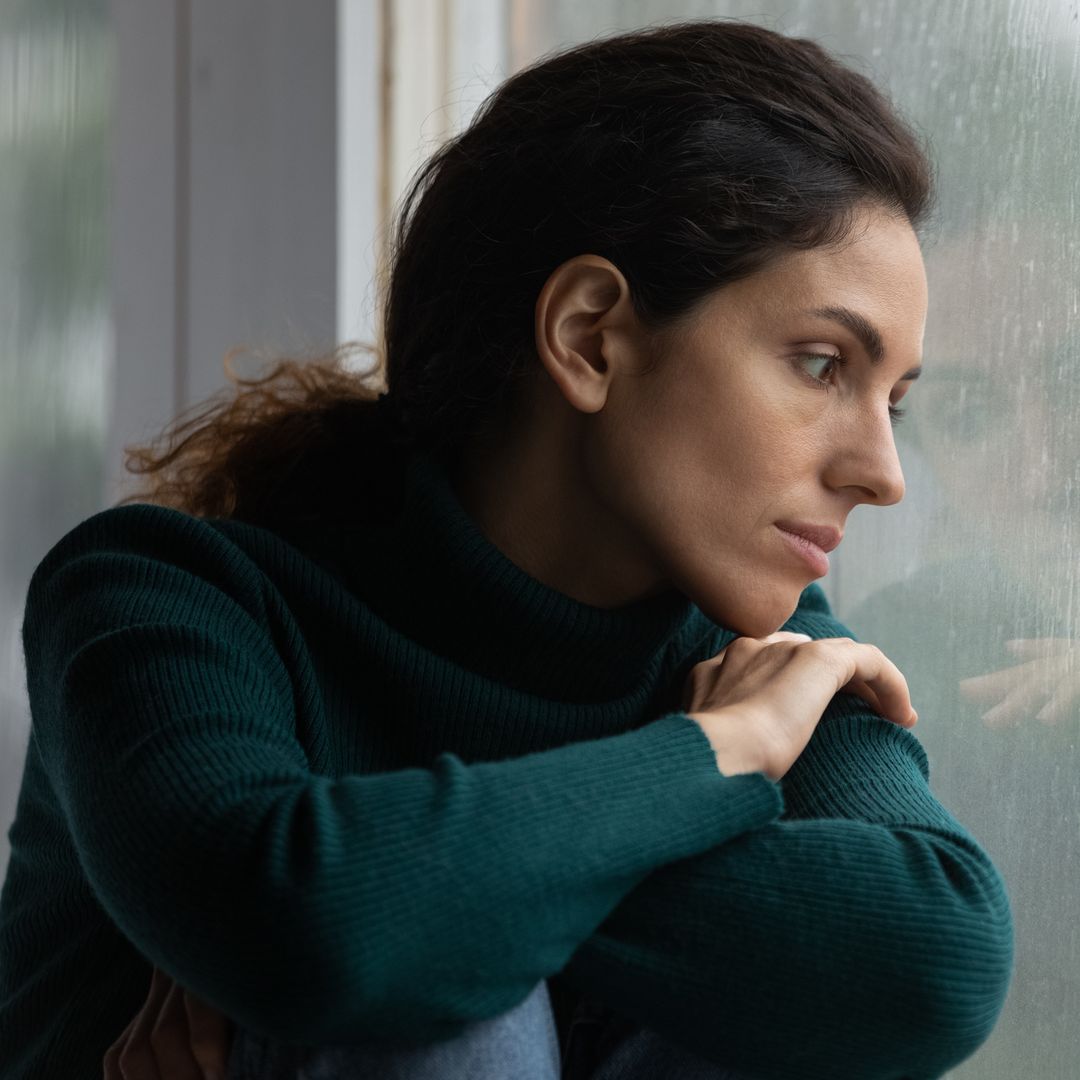I find pinpointing the exact origin of my troubles challenging as, in retrospect, it seems that my desires to avoid and numb were at play long before discovering the substances.
Like many others, I experienced childhood traumas, (big and small) that left me with a sense of not being good enough, a feeling of being different from my peers and a profound lack of safety.
I was introduced to alcohol and drugs during my adolescent years, around 14. Initially, it followed the typical rebellious behaviour of drinking cider in parks and at house parties. However, my lightweight tolerance and aversion to hangovers led me to marijuana which provided a means to disconnect without the unpleasant aftermath of alcohol and after that, I became willing to try anything I was offered.
What began as innocent experimentation quickly morphed into something darker. I found myself prioritising getting high with my so-called friends over engaging in life.
By the time I reached Year 11 and faced mock GCSEs, the consequences of my choices became evident as academic failure loomed. This served as a wake-up call, prompting me to temporarily put a halt to substance use and focus on passing exams. However, the void remained, leading me to heavy drinking at pubs every weekend.
Feelings of not fitting in, a discomfort in my own skin, and a constant sense of inadequacy persisted. The only respite came when I had a few drinks in me, providing a fleeting sense of ease.
Over the following decade, my struggles manifested in various forms, from substance use to impulsive behaviours like unplanned shopping sprees – all driven by the need to escape, numb, and fill an internal void.
Reaching rock bottom
The first stark realisation of the severity of my situation occurred in 2011 when my youngest daughter was hospitalised with a severe bronchial infection at just four months old. Despite this crisis and her need for me to be present, I couldn’t handle the overwhelming feelings that came with it and regularly sought refuge on the hospital roof to get high. It took several failed attempts and another 11 years before I mustered the courage to seek the help I desperately needed.
Reflecting on this journey, I know that reaching my rock bottom was necessary for my recovery and while I could regret the time lost, I recognise that it shaped me into the person I am today.
READ: I quit alcohol 3 months ago - and the results were not what I expected
A functioning addict
It seemed like I was holding it all together. I was a functioning addict. I was a single mum, earnestly raising my two daughters, managing my own massage practice that provided enough for us to live on and continually further my professional development.
However, behind the scenes, the relentless grip of the constant drug use was slowly destroying me. The most noticeable casualties were my self-esteem, self-respect and confidence. Substance use disorder is a sly enemy, quietly and consistently working to isolate you from the world.
My desire to experience life slipped away with every high day. It became a daily struggle to reconcile the front I presented to the world with the internal chaos I was battling.
The once vibrant, courageous and energetic person became an empty, fearful shell of a woman, desperately clinging to any semblance of normality.
Making a change
Life had become an exhausting, monotonous cycle and I reached a point where I was existing and fighting to survive mentally rather than truly living.
Each day felt like a repeat of the last and the prospect of waking up became a source of dread. As my eyes opened, the first thought that would cross my mind would be: 'Oh no, not this again.' followed by the desperate search for something to numb the overwhelming sadness, frustration, and despondency.
INSPIRATION: I totally changed my life in 30 days - here’s how
The turning point arrived when I found myself sinking into a darkness so profound that I started wishing for an end to it all.
I began daydreaming about buying a one-way ticket to a distant place, packing a bag, and leaving behind a note for my mother and daughters, explaining that I couldn't bear it any longer.
The thought of disappearing in the middle of the night, without a phone or any means of being found or contacted, not only appealed greatly but also haunted me, surely this wasn’t normal. How come other people could live life without getting high but I couldn’t? What was wrong with me?
It was in that dark moment of despair that I realised a change was imperative for my survival. The depths of hopelessness and the dangerous fantasies of escape made it clear that I could no longer ignore the urgent need to confront my demons and ask for help.
READ: Ask a life coach: How can I cut back on drinking?
It was a profound awakening, a realisation that I couldn't continue down this self-destructive path and potentially really mess up my daughters' lives before they had really begun or I could do something to help myself.
The yearning for a better life, coupled with the fear of succumbing to the dark thoughts became the driving force behind my decision to make a change.
Turning my life around
I've always wanted to help stop people from suffering and help them feel better and I built a career as a remedial massage therapist, Reiki healer and business coach and mentor. It was a source of genuine happiness, providing me with a sense of purpose and worth.
While I thrived in my role, there was a subtle conflict niggling away at me. Despite the outward appearance of health, wellness and contentment, I grappled with a persistent feeling of being a fraud. I knew that I wasn't being totally honest and authentic and this internal struggle created a complex dynamic in my professional life which stopped me from living up to my potential, or so I kept telling myself.
One of the challenges I faced was that my work as a healer became the sole source of my sense of worth.
I became dependent on the positive feedback and transformation I facilitated in others to validate my own value and self-esteem. And this dependence proved to be an unhealthy foundation. Behind the facade of portraying everything being good with me and living my best life, I harboured a strong sense of unworthiness and brokenness.
In essence, my career, while fulfilling and purposeful on the surface, became a double-edged sword. It illuminated the positive impact I could make on others but also highlighted the unhealthy and empty life I was experiencing.
When I started training to become a coach in 2018. I believe that this was not only because I was ready to grow and expand my career and my business. My intuition tells me that I was also starting to look for ways in which I could help myself and I feel that this was the beginning of my recovery journey.
Retraining as a recovery coach
As the fog of intoxication cleared, a profound realisation dawned upon me.
My entire life suddenly made total sense. Everything I had studied, practised, and learned had been leading me to this pivotal moment. The desire to help people live happier, healthier and more vibrant lives which had been the driving force of my career all along could be fulfilled by using all of my skills, qualifications and compassion to support others recovering from substance or behavioural use disorders.
NEED TO KNOW: What are limiting beliefs and why are they stopping you from feeling happy?
My experience in rehab, witnessing the beginning of people's journeys, lit a fire within me. I felt a deep calling to assist individuals who had bravely carved out a second chance for themselves and to provide them with the tools and strategies to confront challenges head-on, instilling in them the confidence to navigate whatever obstacles came their way.
My mission was to guide them in turning what had been a mere existence into a life they eagerly anticipated each day, and in those times where they didn’t eagerly anticipate, because life does like to throw some curveballs here and there, empowering them to know they could handle whatever it may bring.
Helping others out of darkness
Having experienced first-hand what merely existing feels like, dedicating my time and energy to support and guide others towards a life they look forward to and want to run towards brings me a profound sense of purpose.
Witnessing individuals fall in love with themselves in a healthy way is a magical journey. To see them blossom and cultivate a sincere sense of self-esteem that empowers them to step into their lives is a real privilege that I cherish.
What truly lights up my days is hearing the stories of where my clients take their journey once free of addiction. Witnessing them take the second chance of life they have created for themselves and turn it into something, seeing them start to stand up for emotional and physical wellbeing, and recognising and valuing their worth as beautiful human beings, is the most rewarding aspect of being a recovery coach.
DISCOVER: I'm about to turn 40 - this is how I'm tackling my midlife crisis
Happiness for me
I used to believe that every day needed to be filled with a constant state of happiness, and that notion left me trapped in a cycle of fear. I feared that the uncomfortable times would never end and when life was good, I lived in fear of its inevitable departure because nothing lasts forever.
Describing what a happy life looks like is tricky for me because joy comes from so many sources. It's in the simple moments, such as spending time with my daughters, exploring the world together whether that's walking the dog, going on day trips or travelling further afield. It's gazing out across a stunning view, be it the expanse of the sea or the beauty of trees swaying in the wind.
True happiness, to me, also involves connections with others. It's about feeling the freedom to be vulnerable and honest about what's happening in my life, and being a safe space for someone else to do the same.
Most importantly, happiness is rooted in the knowledge that I can handle life as it comes. It's the understanding that I'm making the most of each day and the hope that my actions will contribute positively to the world. In embracing the impermanence of happiness, I've found a deeper appreciation for the beauty in both the ups and downs of life.
Still, not every day is a picturesque scene filled with sunshine and the joys of spring. Some days require a bit more effort than others and now, I am confident in my ability to navigate through them.
I have learned to be okay with surrendering to a day that doesn't bring the most uplifting emotions. I've learned to accept that emotions come and go. Instead of fearing that they'll linger forever or vanish completely, I'm able to embrace their constant motion.
In a peculiar way, I almost find gratitude for my past struggles with the drink and the drugs. Without them, I might never have discovered the beautifully imperfect life I have today.
Find out more about Elizabeth's work as a recovery coach and follow her on Instagram @theempowermentwarrior
